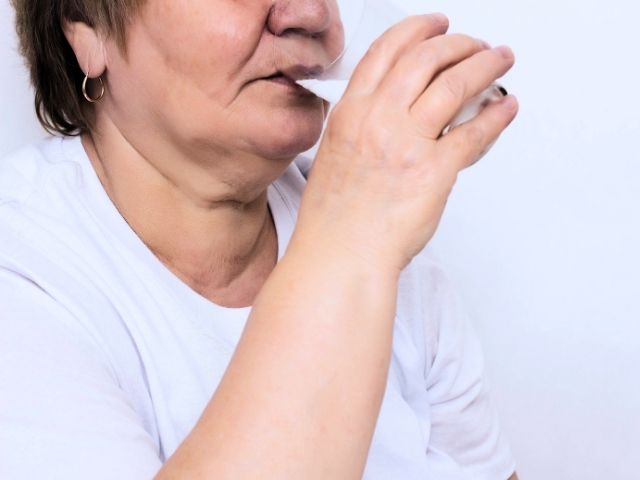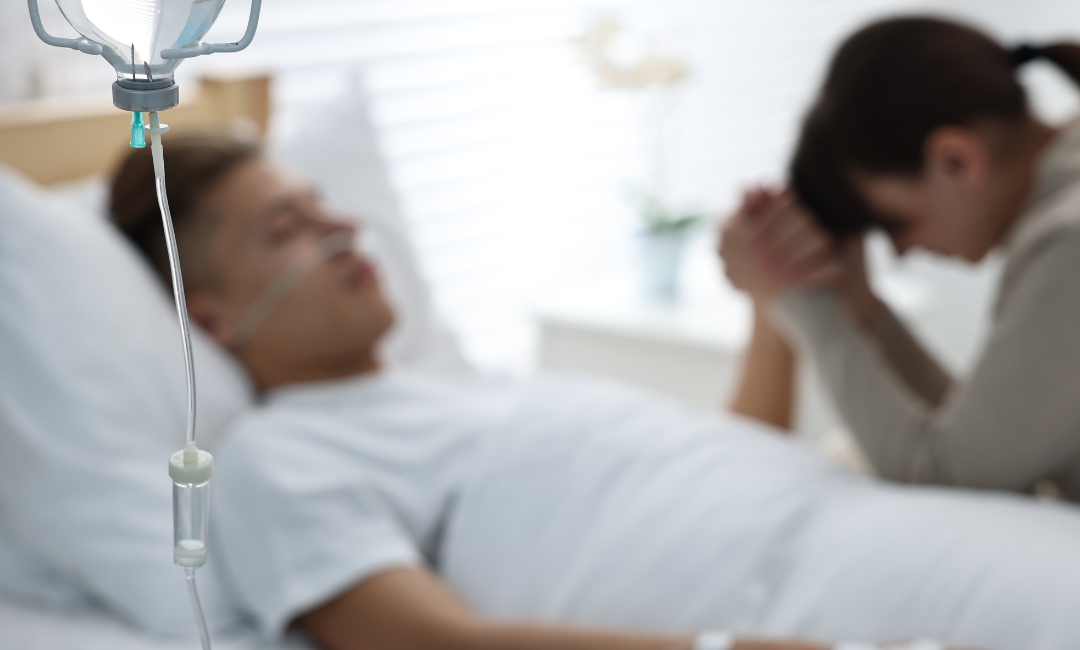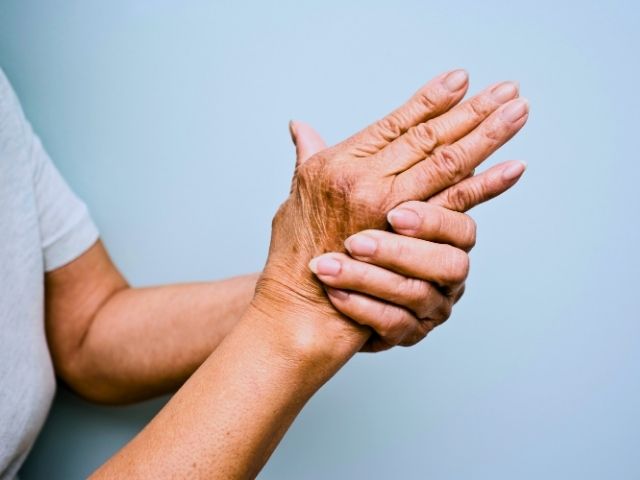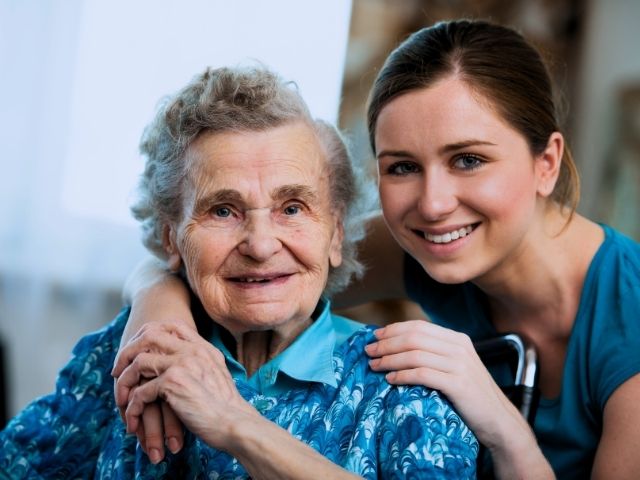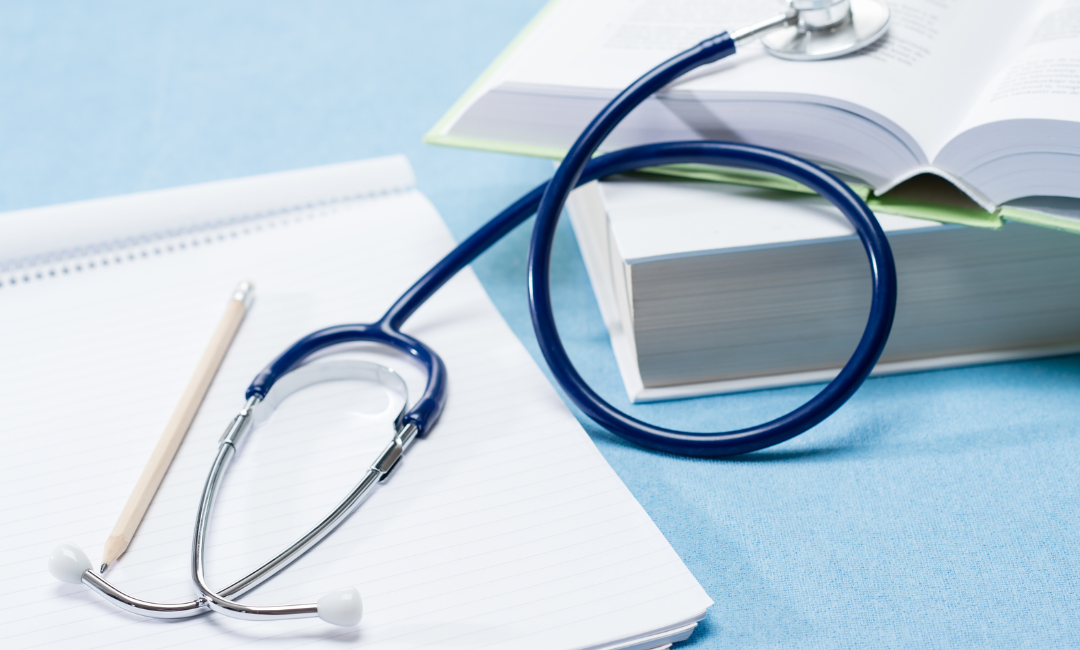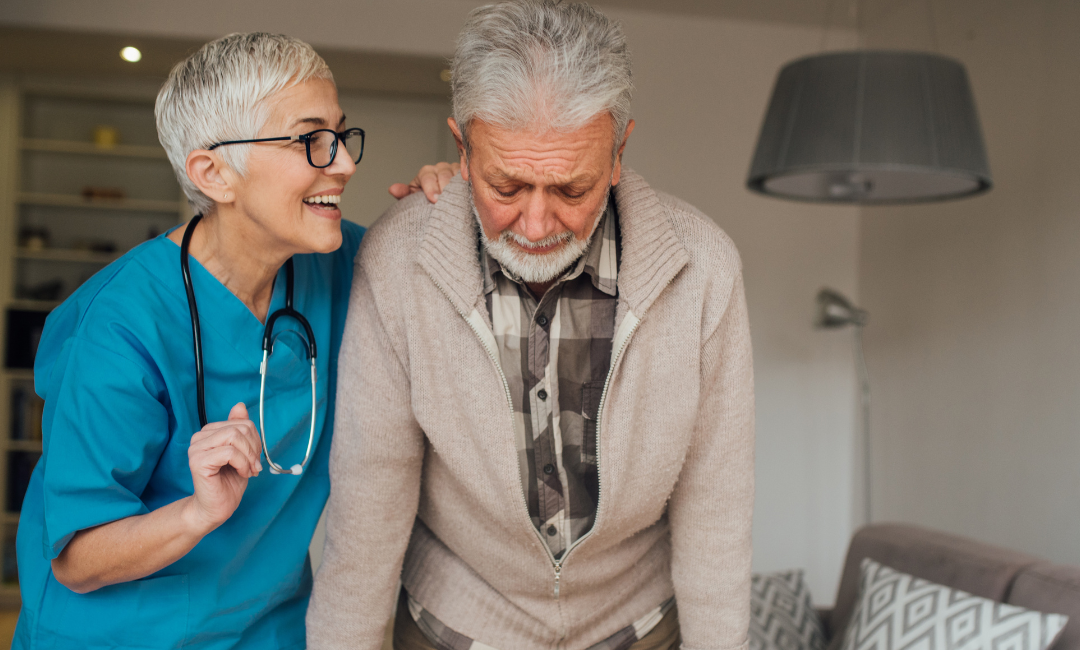Drinking enough water is important for all age groups but especially for older adults who are at greater risk for dehydration. Dehydration is the most common fluid and electrolyte issue among the elderly.
Many older adults are underhydrated and do not even realize it. Dehydration can lead to several other health issues including urinary tract infections, falls, and kidney stones.
Older adults are more likely to become dehydrated because they naturally have less water in their bodies as they age. They are also more likely to have health conditions or take medications that increase their risk of dehydration such as blood pressure medications that are known to flush water from the body.
In addition to these risk factors, elderly patients are less sensitive to the feeling of being thirsty, have a decreased ability to keep fluid levels in balance, take medications that cause diarrhea or sweating, and have less efficient kidneys, which results in urine containing more water.
